Eye Health

The Important Role of Mental Health in Glaucoma
Learn about the mental health impacts of living with glaucoma.

How Can I Find A Glaucoma Specialist?
Learn about the difference between a general ophthalmologist and a glaucoma specialist. Patients are typically referred to a glaucoma specialist by their general ophthalmologist or optometrist.

Glaucoma and Pregnancy: What Expectant Mothers Should Know
Managing glaucoma during pregnancy requires careful planning and collaboration with healthcare providers.

Early Warning Signs of Childhood Glaucoma: A Guide for Parents
While an ophthalmologist is responsible for diagnosing and treating childhood glaucoma, parents play a crucial role in early detection and intervention.

Glaucoma and Contact Lenses: What You Need to Know
If you or someone you know has glaucoma, you might be curious to know how wearing contact lenses could affect the condition.

Tips for Healthy Vision
May is Healthy Vision Month. Taking steps to care for your eyes can help prevent vision loss from glaucoma and other eye diseases.

Glaucoma in the Digital Age: How Screen Time Affects Your Eyes
Until more definitive research is available, being proactive about your screen time habits is smart for eye health.

The Relationship Between Diabetes and Glaucoma
Diabetes and glaucoma are two common health conditions affecting millions of people worldwide. Both can significantly impact an individual’s quality of life.
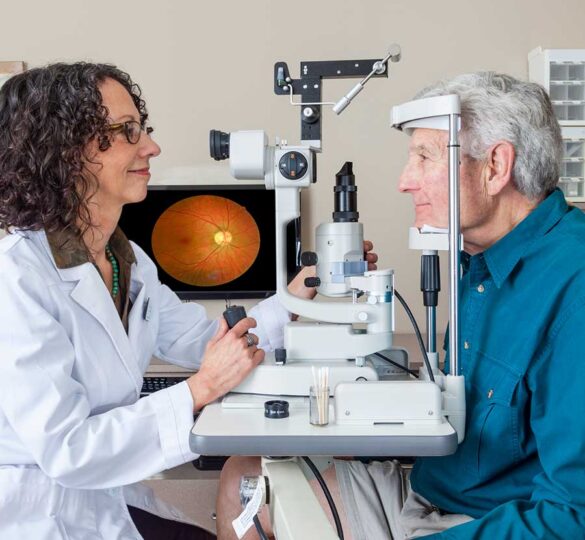
The Differences Between Glaucoma and Macular Degeneration
Glaucoma and macular degeneration are two prevalent eye conditions that can lead to severe visual impairment if not addressed promptly.
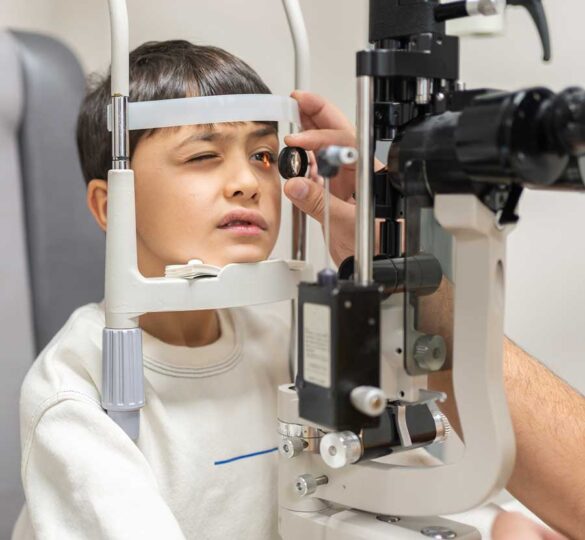
Types of Pediatric Glaucoma
Glaucoma can affect people of all ages, including infants, children, and young people.

The Connection Between Glaucoma and Other Medical Conditions
Understanding the connections between glaucoma and other health conditions is crucial because it can help doctors identify patients at higher risk of developing glaucoma.

Self-Efficacy and Empowerment
Access to high-quality information can help patients feel more in control.
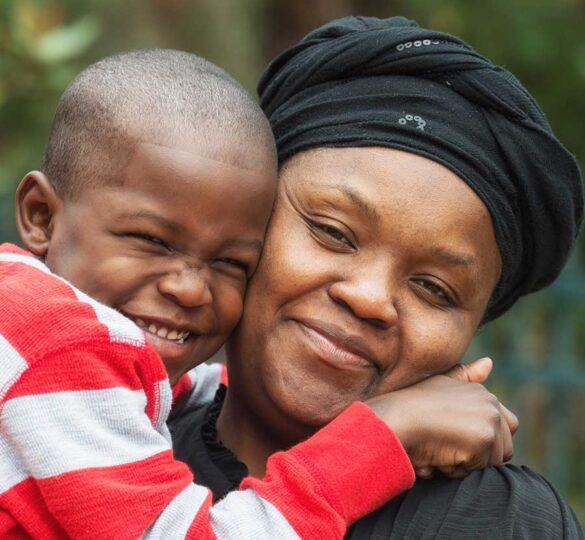
African Descent and Glaucoma: Unraveling the Genetics Putting a Community at Higher Risk
Glaucoma occurs about five times more often in African Americans and blindness from glaucoma is about six times more common. In addition to this higher frequency, glaucoma often occurs earlier in life.

Glaucoma: Family Inheritance & Genetic Risks
Several risk factors can increase a person’s risk of developing hereditary glaucoma.
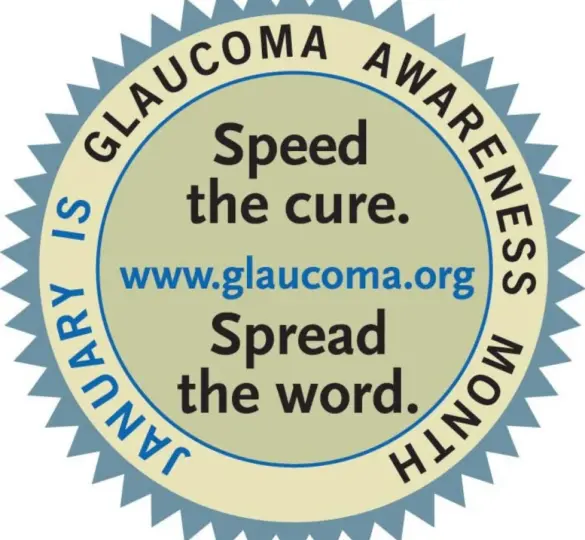
January is Glaucoma Awareness Month
January is National Glaucoma Awareness Month, an important time to spread the word about this sight-stealing disease.

The Power of Connection: Peer Support for Glaucoma Patients and Their Loved Ones
Whether you’ve recently been diagnosed with glaucoma or are learning how to cope, connecting with others can be helpful and powerful.

Study: Black Glaucoma Patients Six Times More Likely to Have Advanced Vision Loss than White Patients
A study by US researchers compared levels of sight loss in patients with a new diagnosis of primary open-angle glaucoma.

Can Working on a Computer Affect My Glaucoma?
No strong evidence suggests excessive use of digital technology is a glaucoma risk factor. However, prolonged computer, tablet, cell phone, and other digital device use can lead to eye strain.

When People With Glaucoma Should Avoid Allergy and Decongestant Medications
Some allergy medications include ingredients that can cause pupil dilation resulting in a condition called acute angle-closure glaucoma.
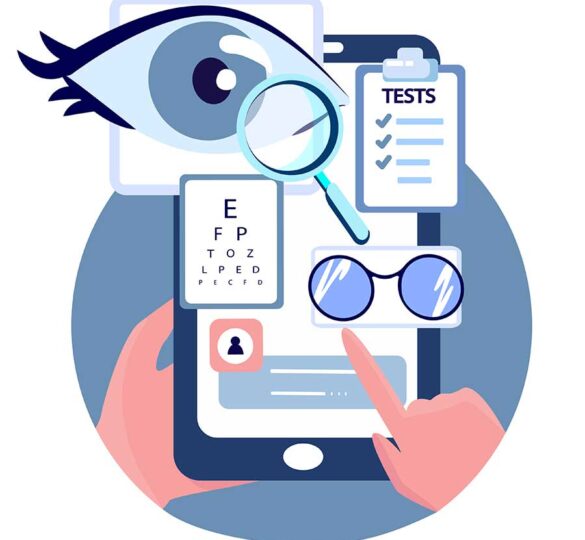
Glaucoma Warning Signs
Some people may have early warning signs, but most patients will not notice any vision loss until the disease is at a late stage.

Are You an Angle-Closure Glaucoma Suspect?
There are two main types of glaucoma, primary open-angle and primary angle-closure, each with very different features.
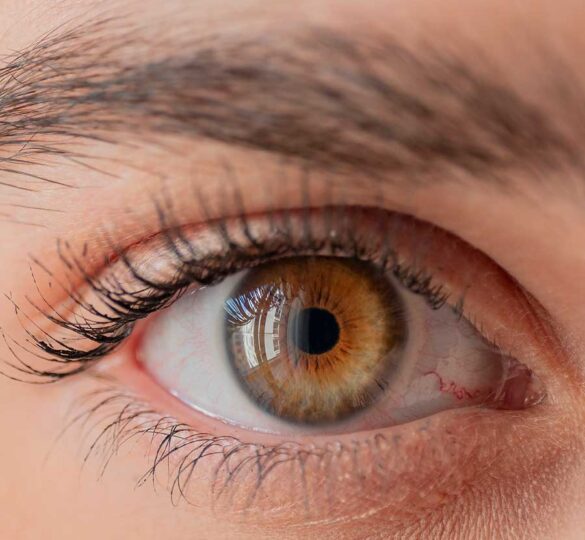
The Amazing Eye: The Mechanics of Vision
Two parts comprise the visual system: The optical system (your eye) and the perceptual system (your brain). Fundamentally, the brain analyzes the information your eye gathers.

Partners in Glaucoma Care: How Nonprofits Can Help Doctors Educate and Empower Patients
Learn how nonprofit organizations can assist both patients and doctors by providing a unique role in glaucoma care and patient advocacy.

Glaucoma Risk Increases in Families: Spread the Word
One way to reduce vision loss from glaucoma is to make sure your family members understand that they are at increased risk — if you have glaucoma.

Are You at Risk For Glaucoma?
Everyone is at risk for glaucoma. However, certain groups are at higher risk than others.